Remember when Canadian WHO advisor Bruce Aylward pretended not to hear a question about Taiwan in a shocking interview?
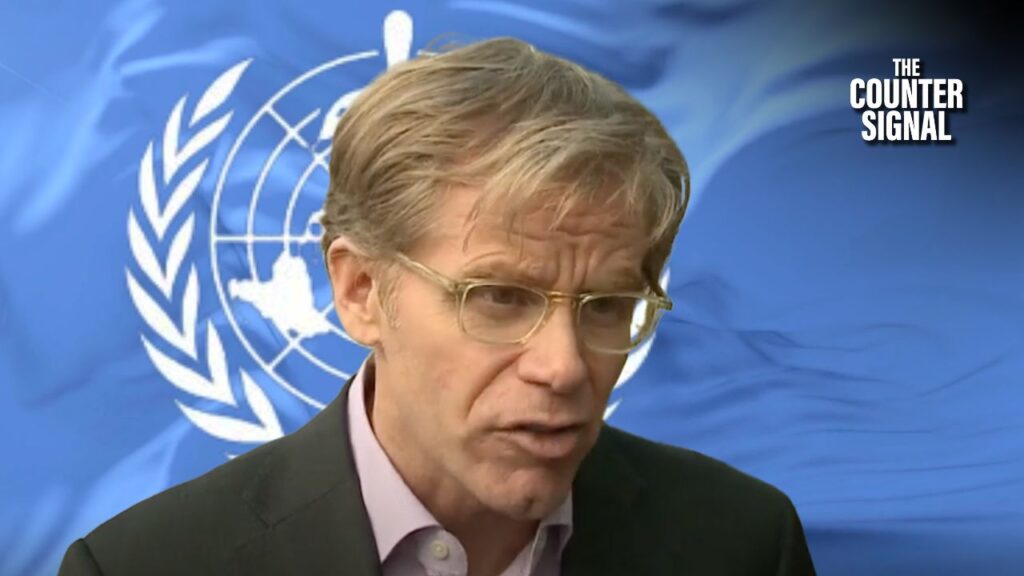
In a historic and overdue decision, U.S. President Donald Trump has officially pulled the United States out of the World Health Organization (WHO).
It’s a bold move, following years of mounting evidence exposing the WHO as a puppet of the Chinese Communist Party (CCP), including its appalling treatment of Taiwan during the COVID-19 pandemic.
“World Health ripped us off. Everybody rips off the United States. It’s not going to happen anymore,” Trump said during the signing of the executive order.
In 2020, Canadian Bruce Aylward, a senior advisor at the WHO, dodged questions about Taiwan’s success in handling the virus during an interview with Hong Kong’s RTHK.
He claimed he “couldn’t hear the question”—a laughable excuse—then abruptly ended the call when pressed further.
“I’m actually curious to talk about Taiwan as well,” said RTHK reporter Yvonne Tong.
“Well, we’ve already talked about China. And when you look across all the different areas of China, they’ve actually all done quite a good job.
“With that, I’d like to thank you very much for inviting us to participate,” responded Aylward.
It was a deliberate act to avoid upsetting Beijing, which has aggressively blocked Taiwan from the World Health Assembly under the guise of its “One China” policy.
Taiwan—a nation that China insists doesn’t exist—had one of the world’s most effective pandemic responses.
Low infection rates, low death tolls, and an early warning about human-to-human transmission in December 2019—information the WHO conveniently ignored. Yet, instead of recognizing Taiwan’s achievements or admitting its failures, the WHO chose to toe the line for its overlords in Beijing.
WHO Director-General Tedros Adhanom Ghebreyesus, a man handpicked by China to lead the organization, has faced relentless criticism for his deferential stance toward the CCP.
From parroting China’s dubious claims about the virus to delaying the pandemic declaration until March 2020—when the virus had already spread to over 110 countries—Tedros and his team proved their loyalty to Xi Jinping, not global health.
The WHO even called China’s response a model for the world to follow during the pandemic.
President Trump saw through the charade. His executive order to withdraw from the WHO was a decisive rejection of globalist institutions corrupted by authoritarian regimes. And the WHO already regrets it—given that the U.S. was its top donor.
“We hope that the United States will reconsider, and we really hope that there will be constructive dialogue for the benefit of everyone, for Americans but also for people around the world,” WHO spokesperson Tarik Jasarevic said in response to the news.
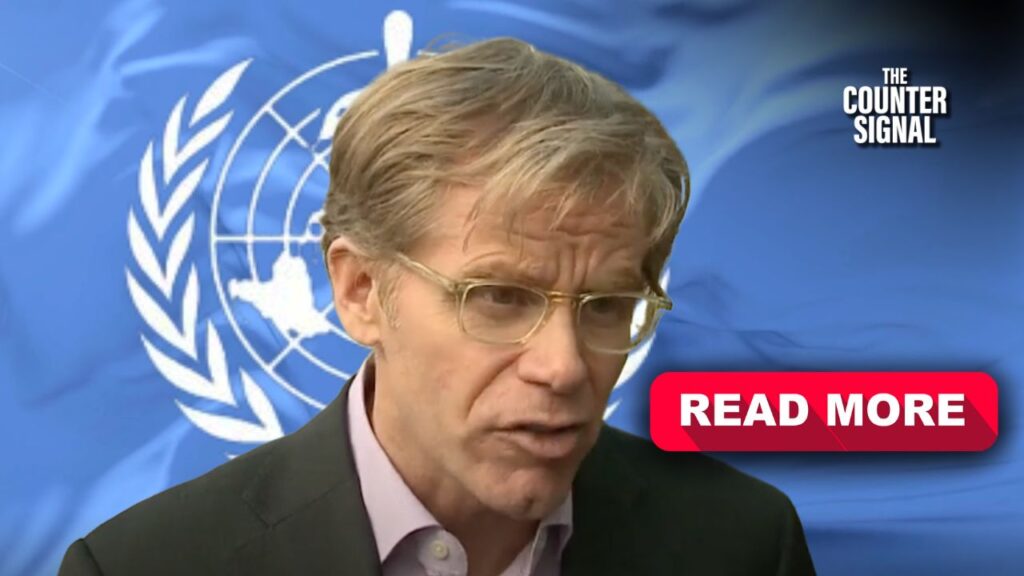



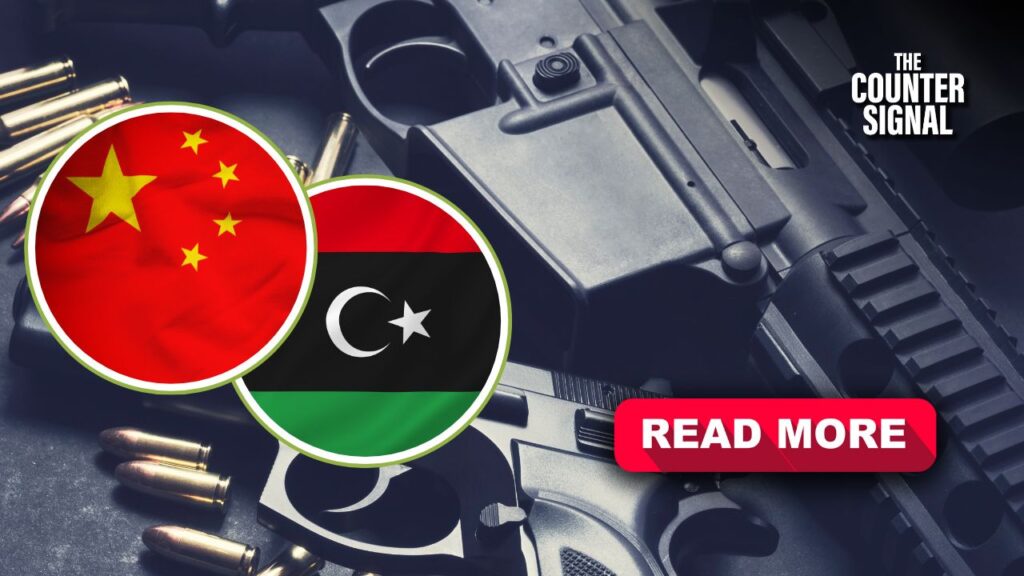
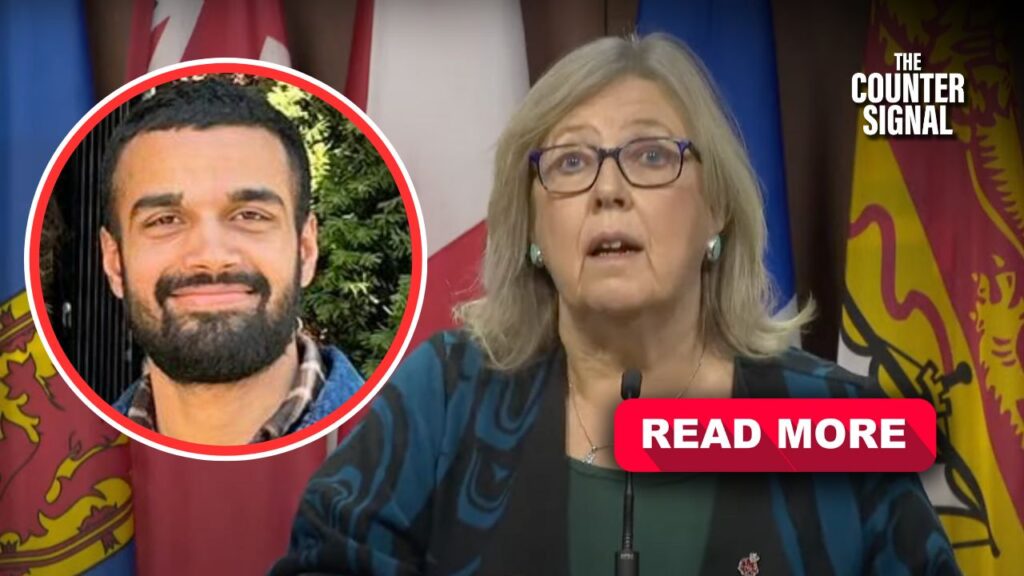
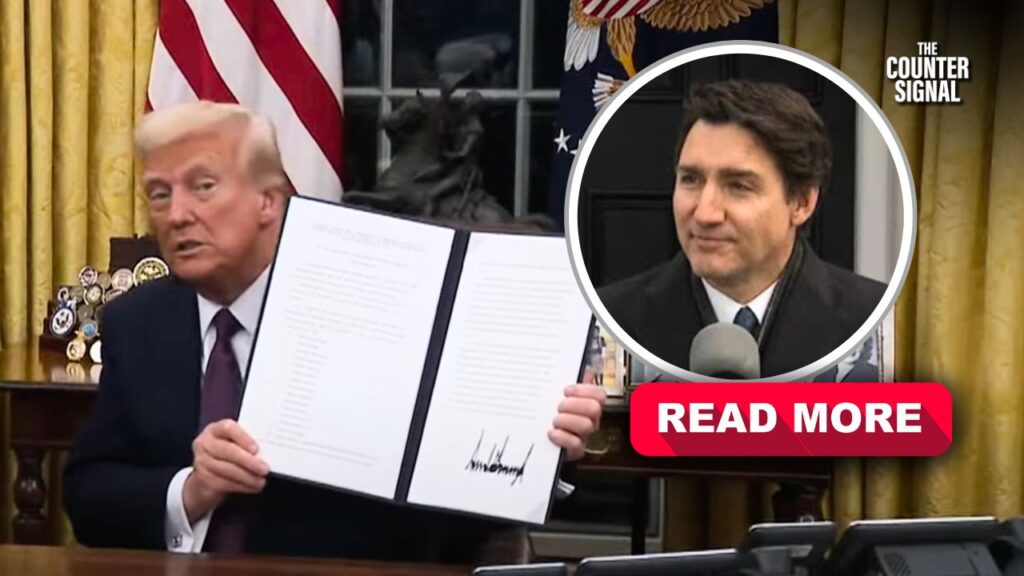


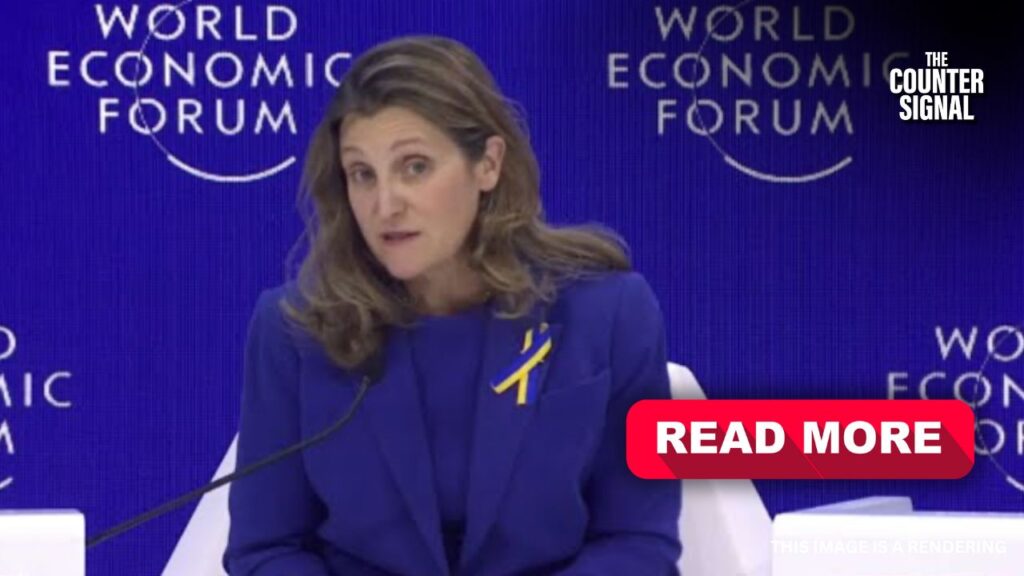
No foreign interference here, look away.
Good first move. Canada next please.